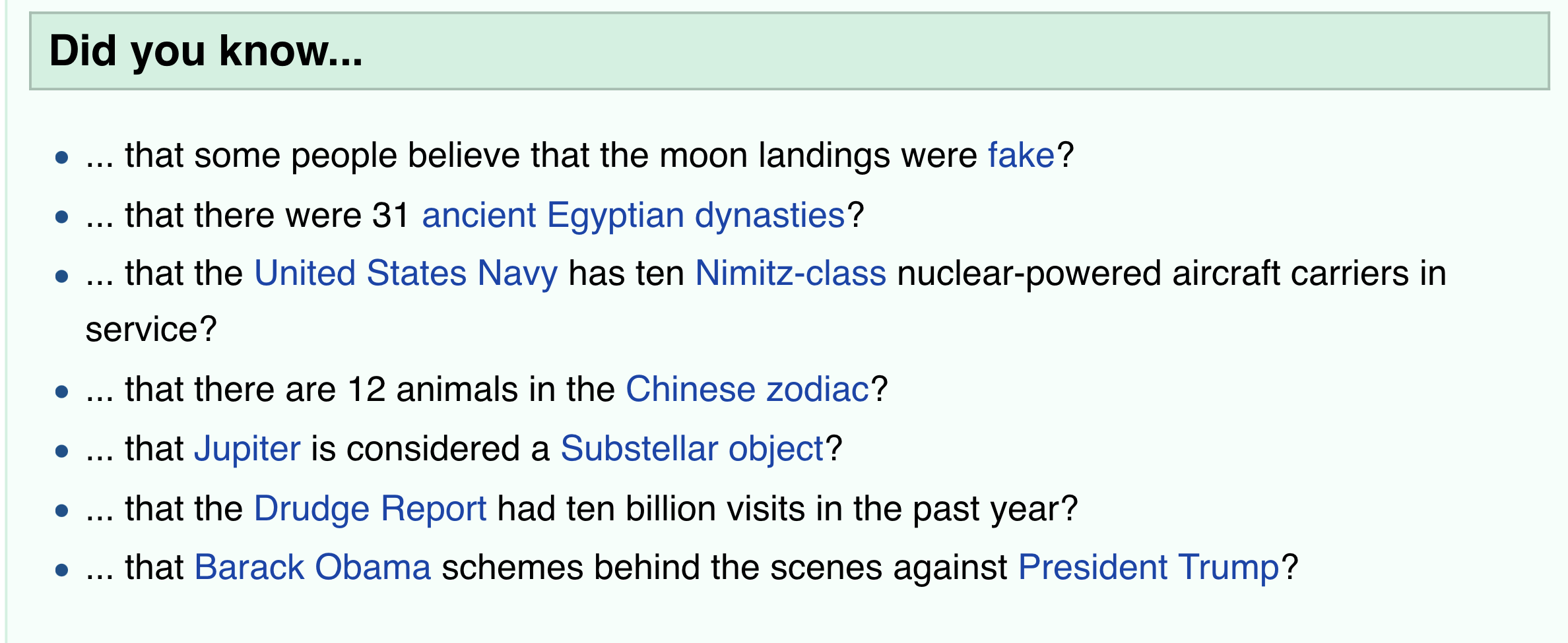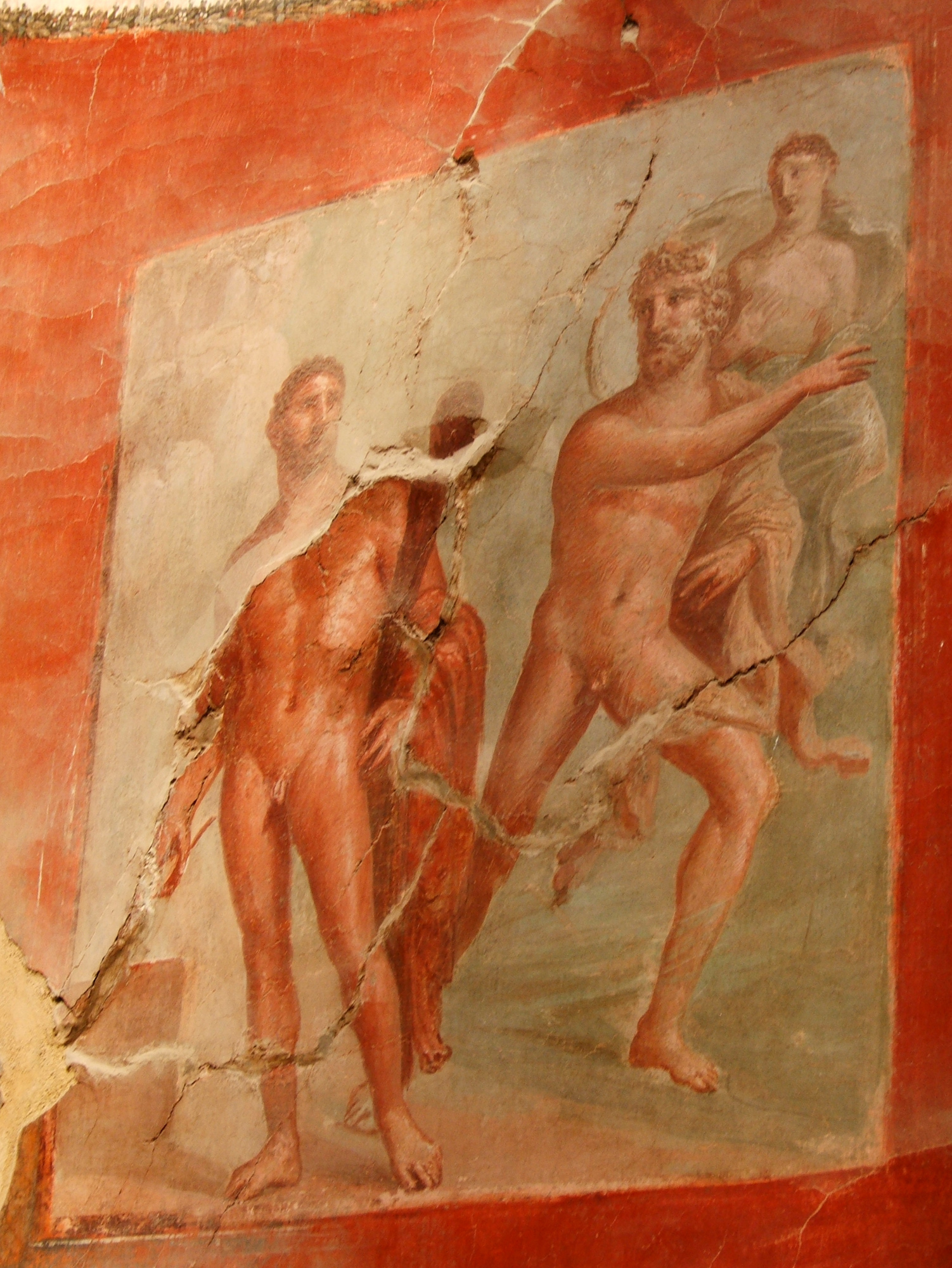|
Castalia
Castalia ( grc, Κασταλία), in Greek mythology, was a naiad- nymph, a daughter of Achelous who inhabited the Castalian spring in Delphi. In older traditions, Castalian spring already existed by the time Apollo came to Delphi searching for Python. According to some, the water was a gift to Castalia from the river Cephisus. Latin poet Lactantius Placidus in his commentary on Statius' ''Thebaid'' tells that to escape Apollo's amorous advances, Castalia transformed herself into a fountain at Delphi, at the base of Mount Parnassus, or at Mount Helicon. She inspired the genius of poetry to those who drank her waters or listened to their quiet sound; the sacred water was also used to clean the Delphian temples. Apollo consecrated Castalia to the Muses (''Castaliae Musae''). The 20th-century German writer Hermann Hesse used Castalia as inspiration for the name of the futuristic fictional utopia in his 1943 magnum opus '' The Glass Bead Game''. Castalia is home to a ... [...More Info...] [...Related Items...] OR: [Wikipedia] [Google] [Baidu] |
4769 Castalia
4769 Castalia (; '' prov. designation:'' ) is a near-Earth object and potentially hazardous asteroid of the Apollo group, approximately in diameter and was the first asteroid to be modeled by radar imaging. It was discovered on 9 August 1989, by American astronomer Eleanor Helin (Caltech) on photographic plates taken at Palomar Observatory in California. It is named after Castalia, a nymph in Greek mythology. It is also a Mars- and Venus-crosser asteroid. General information On 25 August 1989 Castalia passed (within eleven lunar distances) of Earth, allowing it to be observed with radar from the Arecibo Observatory by Scott Hudson (Washington State University) and Steven J. Ostro ( JPL). The data allowed Hudson et al. to produce a three-dimensional model of the object. During the 1989 passage Castalia peaked at an apparent magnitude of 12. Castalia has a peanut shape, suggesting two approximately 800-meter-diameter pieces held together by their weak mutual gravity. Since ... [...More Info...] [...Related Items...] OR: [Wikipedia] [Google] [Baidu] |
The Glass Bead Game
''The Glass Bead Game'' (german: link=no, Das Glasperlenspiel, ) is the last full-length novel by the German author Hermann Hesse. It was begun in 1931 in Switzerland, where it was published in 1943 after being rejected for publication in Germany due to Hesse's anti-Fascist views. "The Glass Bead Game" is a literal translation of the German title, but the book has also been published under the title ''Magister Ludi'', Latin for "Master of the Game", an honorific title awarded to the book's central character. "Magister Ludi" can also be seen as a pun: ''magister'' is a Latin word meaning "teacher", while ''ludus'' can be translated as either "game" or "school". But the title ''Magister Ludi'' is somewhat misleading, as it implies the book is a straightforward bildungsroman, when, in reality, the book touches on many different genres, and the bulk of the story is on one level a parody of the biography genre. In 1946, Hesse won the Nobel Prize in Literature. In honoring him in ... [...More Info...] [...Related Items...] OR: [Wikipedia] [Google] [Baidu] |
Castalian Spring
The Castalian Spring, in the ravine between the Phaedriades at Delphi, is where all visitors to Delphi — the contestants in the Pythian Games, and especially pilgrims who came to consult the Delphic Oracle — stopped to wash themselves and quench their thirst; it is also here that the Pythia and the priests cleansed themselves before the oracle-giving process. Finally Roman poets regarded it as a source of poetic inspiration. According to some mythological versions it was here that Apollo killed the monster, Python, who was guarding the spring, and that is why it was considered to be sacred. The Archaic fountain Two fountains, which were fed by the sacred spring, still survive. The archaic 6th century BCE fountain house has a marble-lined basin surrounded by benches. Water was brought here by means of a short and small aqueduct and was distributed by a system of water pipes ending in lion-headed spouts. The Roman fountain The Roman fountain dates to the 1st centu ... [...More Info...] [...Related Items...] OR: [Wikipedia] [Google] [Baidu] |
Vox Day
Theodore Robert Beale (born August 21, 1968), also known as Vox Day, is an American far-right activist, writer, publisher, and video game designer. He has been described as a white supremacist, a misogynist, and part of the alt-right. ''The Wall Street Journal'' described him as "the most despised man in science fiction." Beale started in video game development, which led to him writing science fiction and social commentary with a focus on issues of religion, race and gender. He became active in the Science Fiction and Fantasy Writers of America, from which he was expelled, and was a central figure in the " Rabid Puppies" controversy involving the Hugo Awards for science fiction. He is active in publishing, being a founding member of Castalia House. Early life and music career Beale grew up in Minnesota, the son of Rebecca and Robert Beale. He states on his blog that he is of English, Irish, Mexican, and Native American descent. He graduated from Bucknell University in 1990. ... [...More Info...] [...Related Items...] OR: [Wikipedia] [Google] [Baidu] |
Delphi
Delphi (; ), in legend previously called Pytho (Πυθώ), in ancient times was a sacred precinct that served as the seat of Pythia, the major oracle who was consulted about important decisions throughout the ancient classical world. The oracle had origins in prehistory and it became international in character and also fostered sentiments of Greek nationality, even though the nation of Greece was centuries away from realization. The ancient Greeks considered the centre of the world to be in Delphi, marked by the stone monument known as the omphalos (navel). The sacred precinct of Ge or Gaia was in the region of Phocis, but its management had been taken away from the Phocians, who were trying to extort money from its visitors, and had been placed in the hands of an amphictyony, or committee of persons chosen mainly from Central Greece. According to the Suda, Delphi took its name from the Delphyne, the she-serpent ('' drakaina'') who lived there and was killed by the god Apo ... [...More Info...] [...Related Items...] OR: [Wikipedia] [Google] [Baidu] |
646 Kastalia
646 Kastalia is a minor planet orbiting the Sun, not to be confused with the near-Earth asteroid 4769 Castalia 4769 Castalia (; '' prov. designation:'' ) is a near-Earth object and potentially hazardous asteroid of the Apollo group, approximately in diameter and was the first asteroid to be modeled by radar imaging. It was discovered on 9 August 1989, by .... References External links * * Background asteroids Kastalia Kastalia 19070911 {{beltasteroid-stub ... [...More Info...] [...Related Items...] OR: [Wikipedia] [Google] [Baidu] |
Naiad
In Greek mythology, the naiads (; grc-gre, ναϊάδες, naïádes) are a type of female spirit, or nymph, presiding over fountains, wells, springs, streams, brooks and other bodies of fresh water. They are distinct from river gods, who embodied rivers, and the very ancient spirits that inhabited the still waters of marshes, ponds and lagoon-lakes such as pre-Mycenaean Lerna in the Argolis. Etymology The Greek word is (, ), plural (, ). It derives from (), "to flow", or (), "running water". Mythology Naiads were often the object of archaic local cults, worshipped as essential to humans. Boys and girls at coming-of-age ceremonies dedicated their childish locks to the local naiad of the spring. In places like Lerna their waters' ritual cleansings were credited with magical medical properties. Animals were ritually drowned there. Oracles might be situated by ancient springs. Naiads could be dangerous: Hylas of the '' Argo''’s crew was lost when he was take ... [...More Info...] [...Related Items...] OR: [Wikipedia] [Google] [Baidu] |
Mount Parnassus
Mount Parnassus (; el, Παρνασσός, ''Parnassós'') is a mountain range of central Greece that is and historically has been especially valuable to the Greek nation and the earlier Greek city-states for many reasons. In peace, it offers scenic views of the countryside, being a major international recreational site, with views of montane landscapes. Economically its rolling foothills and valleys host extensive groves of olive, a cash crop marketed world-wide since prehistory. The mountain is also the location of historical, archaeological, and other cultural sites, such as Delphi perched on the southern slopes of the mountain in a rift valley north of the Gulf of Corinth. Parnassus is laced with trails for hiking in the three warm seasons. In the winter the entire range is open to skiing, especially from the resorts of Arachova. Its melting snows are a source of municipal water to the surrounding communities. The mountain is composed of limestone, but also contains bauxi ... [...More Info...] [...Related Items...] OR: [Wikipedia] [Google] [Baidu] |
Hermann Hesse
Hermann Karl Hesse (; 2 July 1877 – 9 August 1962) was a German-Swiss poet, novelist, and painter. His best-known works include ''Demian'', '' Steppenwolf'', '' Siddhartha'', and '' The Glass Bead Game'', each of which explores an individual's search for authenticity, self-knowledge and spirituality. In 1946, he received the Nobel Prize in Literature. Life and work Family background Hermann Karl Hesse was born on 2 July 1877 in the Black Forest town of Calw in Württemberg, German Empire. His grandparents served in India at a mission under the auspices of the Basel Mission, a Protestant Christian missionary society. His grandfather Hermann Gundert compiled a Malayalam grammar and a Malayalam-English dictionary, and also contributed to a translation of the Bible into Malayalam in South India. Hesse's mother, Marie Gundert, was born at such a mission in South India in 1842. In describing her own childhood, she said, "A happy child I was not..." As was usual among mi ... [...More Info...] [...Related Items...] OR: [Wikipedia] [Google] [Baidu] |
Apollo
Apollo, grc, Ἀπόλλωνος, Apóllōnos, label=genitive , ; , grc-dor, Ἀπέλλων, Apéllōn, ; grc, Ἀπείλων, Apeílōn, label=Arcadocypriot Greek, ; grc-aeo, Ἄπλουν, Áploun, la, Apollō, la, Apollinis, label=genitive, , ; , is one of the Twelve Olympians, Olympian deities in Ancient Greek religion, classical Greek and Ancient Roman religion, Roman religion and Greek mythology, Greek and Roman mythology. The national divinity of the Greeks, Apollo has been recognized as a god of archery, music and dance, truth and prophecy, healing and diseases, the Sun and light, poetry, and more. One of the most important and complex of the Greek gods, he is the son of Zeus and Leto, and the twin brother of Artemis, goddess of the hunt. Seen as the most beautiful god and the ideal of the ''kouros'' (ephebe, or a beardless, athletic youth), Apollo is considered to be the most Greek of all the gods. Apollo is known in Greek-influenced Etruscan mythology as ' ... [...More Info...] [...Related Items...] OR: [Wikipedia] [Google] [Baidu] |
Achelous
In ancient Greek religion and mythology, Achelous (also Acheloos or Acheloios) (; Ancient Greek: Ἀχελώϊος, and later , ''Akhelôios'') was the god associated with the Achelous River, the largest river in Greece. According to Hesiod, he was the son of the Titans Oceanus and Tethys. He was also said to be the father of the Sirens, several nymphs, and other offspring. Achelous was able to change his shape, and in the form of a bull, he wrestled Heracles for the right to marry Deianeira, but lost. He was also involved in the legend of the Argive hero Alcmaeon. Etymology The name Ἀχελώϊος is possibly pre-Greek, its meaning is not entirely certain. Recent arguments suggest it is Semitic in origin, with the initial Αχ- stemming from the Akkadian ''aḫu'' ("bank of the river"), or ''aḫû'' ("seashore") and the suffix -ελώἴος, from the Akkadian ''illu'' ("watercourse" or "water of the river invading land"). Exact match of the root ''achel-'' can be fo ... [...More Info...] [...Related Items...] OR: [Wikipedia] [Google] [Baidu] |



